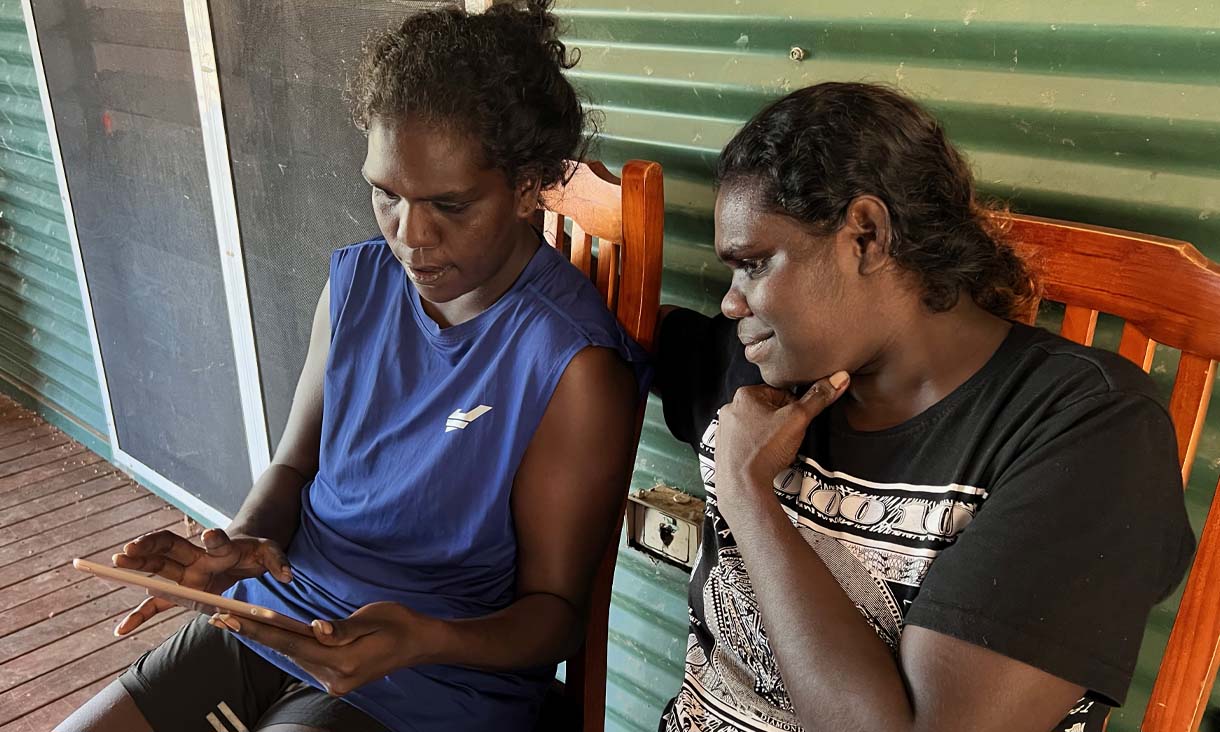What can be done to protect local newspapers?
What we already know is that local journalism (especially newspapers) matters to the public. And right now, local audiences need professionally produced news that is socially and geographically relevant.
On a national scale, “essential coronavirus information” is available via government websites and major news outlets.
But if you live in regional or remote Australia, you need news on the local businesses and services that have been affected by the virus and infection rates specific to your patch. Local papers also deliver stories about how friends and neighbours are coping and supporting each other.
Intervention is needed to protect these newspapers from disappearing altogether. Already, there have been calls for the government to tap into an existing $40 million innovation fund to support small and regional publishers through the crisis.
We also suggest the government should consider making newspaper subscriptions (print and digital) tax-deductible.
As small businesses, many local newspapers will be eligible for existing tax relief such as the JobKeeper allowances designed to keep their employees in work.
But our early research indicates there are other ways for governments and major companies to get behind regional and rural newspapers and deem them essential services.
Government advertising spending has dropped dramatically in the past five years across country newspapers. This had represented a major chunk of their revenue. Instead, government advertising funds are often redirected to social media with little regard or thought about the consequences in the wider media ecology.
Such communication strategies overlook the fact the local printed newspaper is still an essential service for many in local communities, particularly the elderly who are arguably most at risk from COVID-19.
Protecting these news outlets should be at the forefront of any government communication plan when there is a vital need to keep people informed and connected, and fake news and misinformation is rife.
Meanwhile, Australian media and communication academics are also sending mixed messages. They are calling for the survival of public interest journalism while taking research funding from the predatory news platforms Google and Facebook, which are widely recognised for destroying the health of news ecosystems throughout the world.
In Australia, two parliamentary inquiries and a landmark report by the ACCC and News Corporation have all concluded that Facebook and Google are no friends to Australia’s small newspapers.
Yet strangely, these juggernauts are being positioned as saviours of local news.
Social dimension of local papers
If coronavirus has an upside, it is reminding us of the essential importance of social order and connection at both institutional and individual levels.
One of the most prominent images from the coronavirus coverage in Italy over the past few weeks has been the obituary and death notices in the Lombardy region, highlighting the continued central role the local media plays in important rituals and life events.









